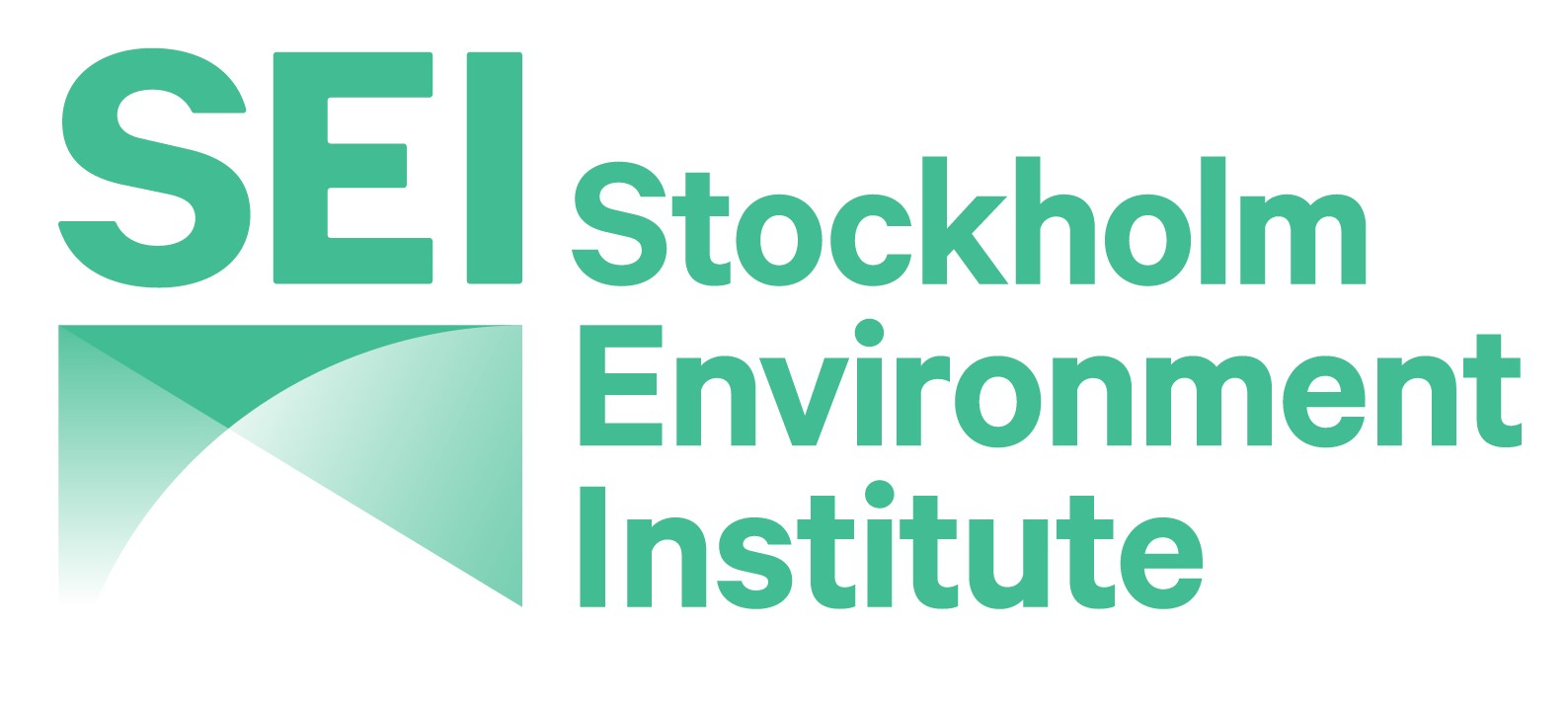Climate change poses systemic macroeconomic risks that threaten stability, growth, and sustainable development. The increasing frequency and severity of extreme weather events disrupt production, reduce agricultural yields, damage infrastructure, and exacerbate inflationary pressures—particularly in developing economies dependent on climate-sensitive sectors. At the same time, the global energy transition, while essential for long-term sustainability, can generate short-term adjustment costs and structural shifts in labor and capital markets. An integrated approach to mitigation and adaptation can enhance macroeconomic resilience by:
- Reducing systemic risk: Coordinated investments in resilience and decarbonization lower exposure to climate shocks and financial instability.
- Safeguarding development gains: Adaptation investments protect productive assets and public infrastructure essential to sustained economic growth.
- Stimulating green growth: Jointly designed climate policies can drive innovation, employment, and competitiveness.
- Improving development sustainability: Preventing loss and damage through proactive adaptation reduces the fiscal burden of disaster recovery, while mitigation policies can realign fiscal incentives toward sustainable production and consumption.
- Enhancing financial system stability: Integrated policies provide a stronger basis for climate risk disclosure, stress testing, and green investment frameworks within financial markets.
- Embedding integrated mitigation–adaptation strategies into macroeconomic and development planning helps countries balance climate ambition with economic stability, ensuring that the transition to a net-zero, climate-resilient future also supports inclusive and sustained economic growth.
This side event aims to explore how mitigation and adaptation can be strategically integrated across planning, investment, and implementation—while accounting for macroeconomic implications. By bringing together policymakers, practitioners, and researchers, the discussion will:
- Highlight examples of integrated climate actions that deliver dual benefits—such as renewable energy systems that enhance resilience, or ecosystem-based approaches that sequester carbon while protecting communities.
- Examine institutional, financial, and macroeconomic mechanisms that support cross-sectoral coordination between mitigation and adaptation agendas.
Discuss policy coherence and governance innovations needed to align national climate strategies, including Nationally Determined Contributions (NDCs), National Adaptation Plans (NAPs), and macroeconomic frameworks. ‘
- Identify capacity-building and knowledge-sharing priorities to empower local and regional actors, ensuring integration advances both environmental integrity and economic inclusion.


